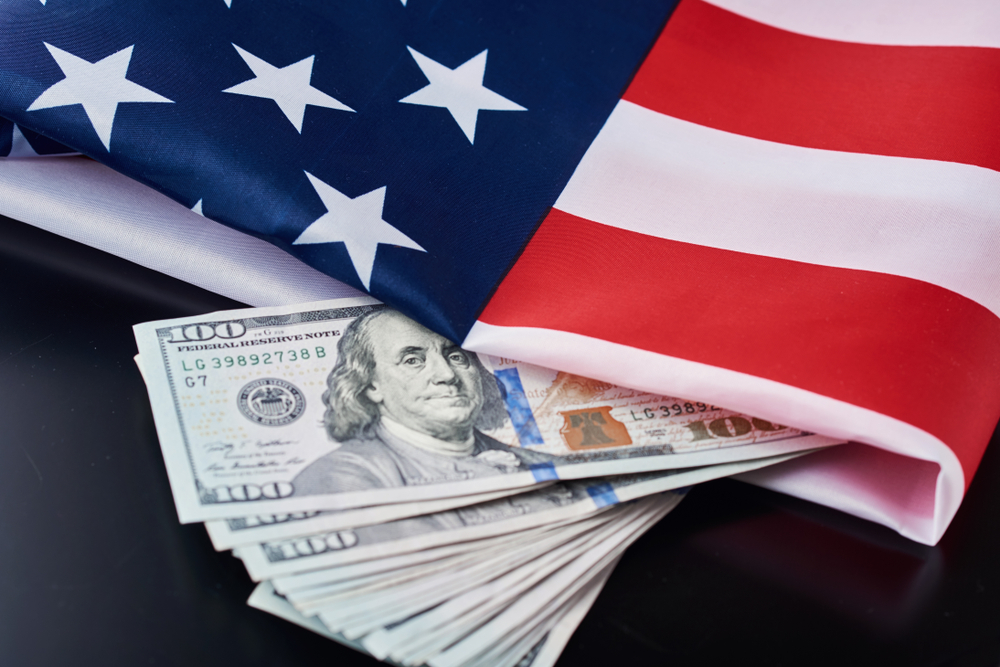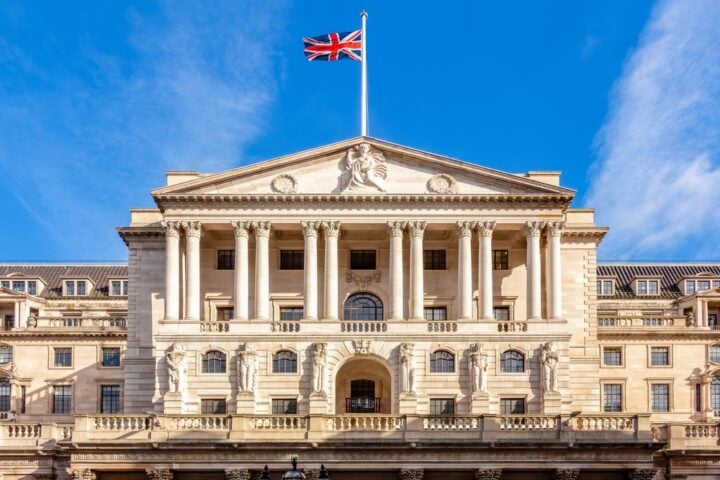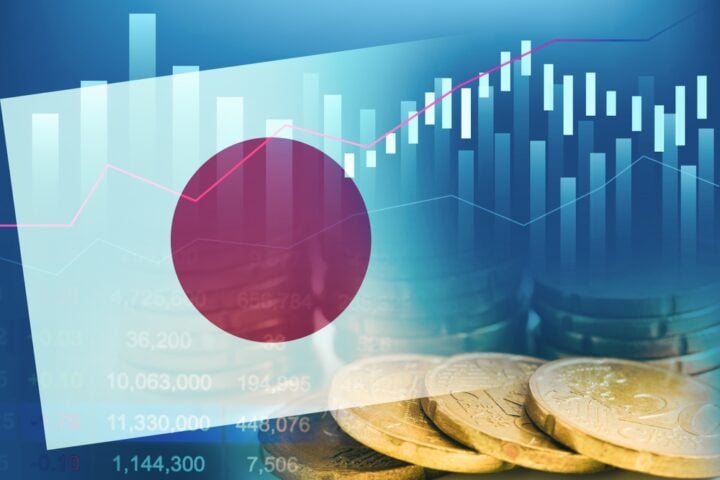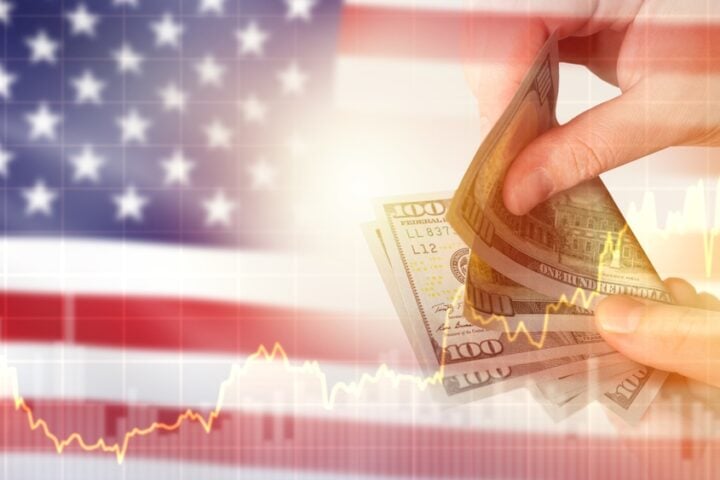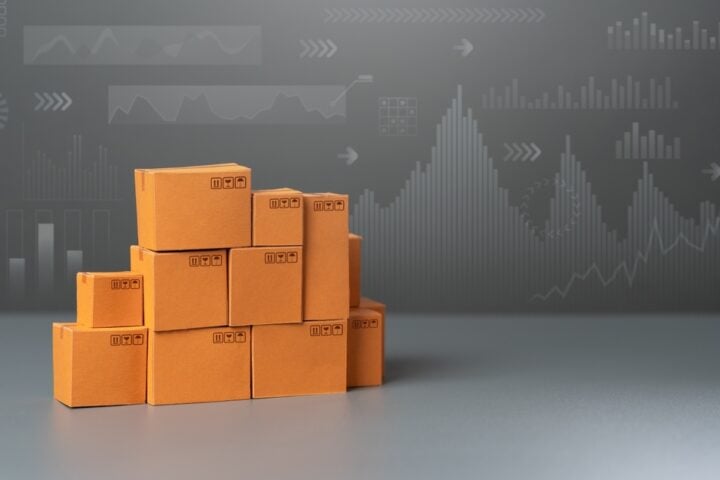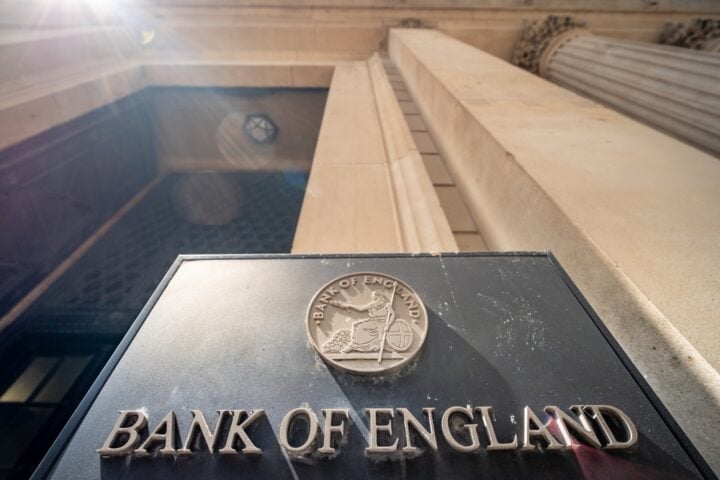Economic uncertainty is driving a wave of impulsive spending among Americans, as concerns over President Donald Trump’s tariffs fuel fears of rising prices. A recent CreditCards.com report found that one in five Americans is purchasing more than usual, bracing for potential cost hikes. This behavior, known as “doom spending,” reflects broader anxieties over inflation, trade policies, and economic stability.
Rising Prices and Consumer Stockpiling
Tariffs often lead to inflation by increasing the cost of imported goods. Businesses must either absorb these costs or pass them on to consumers through price hikes. This creates a ripple effect, driving up production costs across industries that depend on foreign materials and components.
Fearing future price increases, many consumers are stockpiling essentials such as non-perishable food, toilet paper, and medical supplies. This preemptive buying trend, observed during past economic downturns, is now resurfacing amid trade uncertainties.
The Psychological Impact of Trade Uncertainty
When asked about the effect of Trump’s planned tariffs on major purchases, 22% of respondents in the report said the impact was significant, while 30% reported some level of concern. This widespread unease highlights how trade policies influence consumer behavior, even before price hikes take effect.
“Doom spending” describes the phenomenon where economic anxiety leads individuals to make excessive or impulsive purchases. This behavior is often driven by fears of geopolitical instability, inflation, or financial crises.
Wall Street and Federal Reserve Concerns
Financial markets are watching closely, as tariffs could accelerate inflation and complicate the Federal Reserve’s monetary policy decisions. If consumer prices surge, the Fed may be forced to maintain higher interest rates, slowing economic growth and potentially affecting employment rates.
Wall Street investors are particularly wary of prolonged trade disputes, as uncertainty in global markets could undermine business confidence and long-term investment strategies.
Credit Card Debt and Long-Term Risks
As more consumers engage in doom spending, financial stress is mounting. The report found that 23% of Americans expect their credit card debt to worsen this year. Rising inflation and economic uncertainty could make it more difficult for households to manage expenses, leading to long-term financial instability.
With businesses adjusting their strategies to navigate the unpredictable trade environment, some firms are even considering relocating production to the U.S. to mitigate tariff impacts.
Preparing for an Uncertain Future
As trade tensions continue, American consumers and businesses alike are navigating a period of heightened economic uncertainty. While stockpiling and doom spending may provide short-term security, they also highlight the deeper financial anxieties shaping consumer behavior. Whether tariffs ease or escalate, their impact on spending habits and economic confidence will be felt for years to come.


